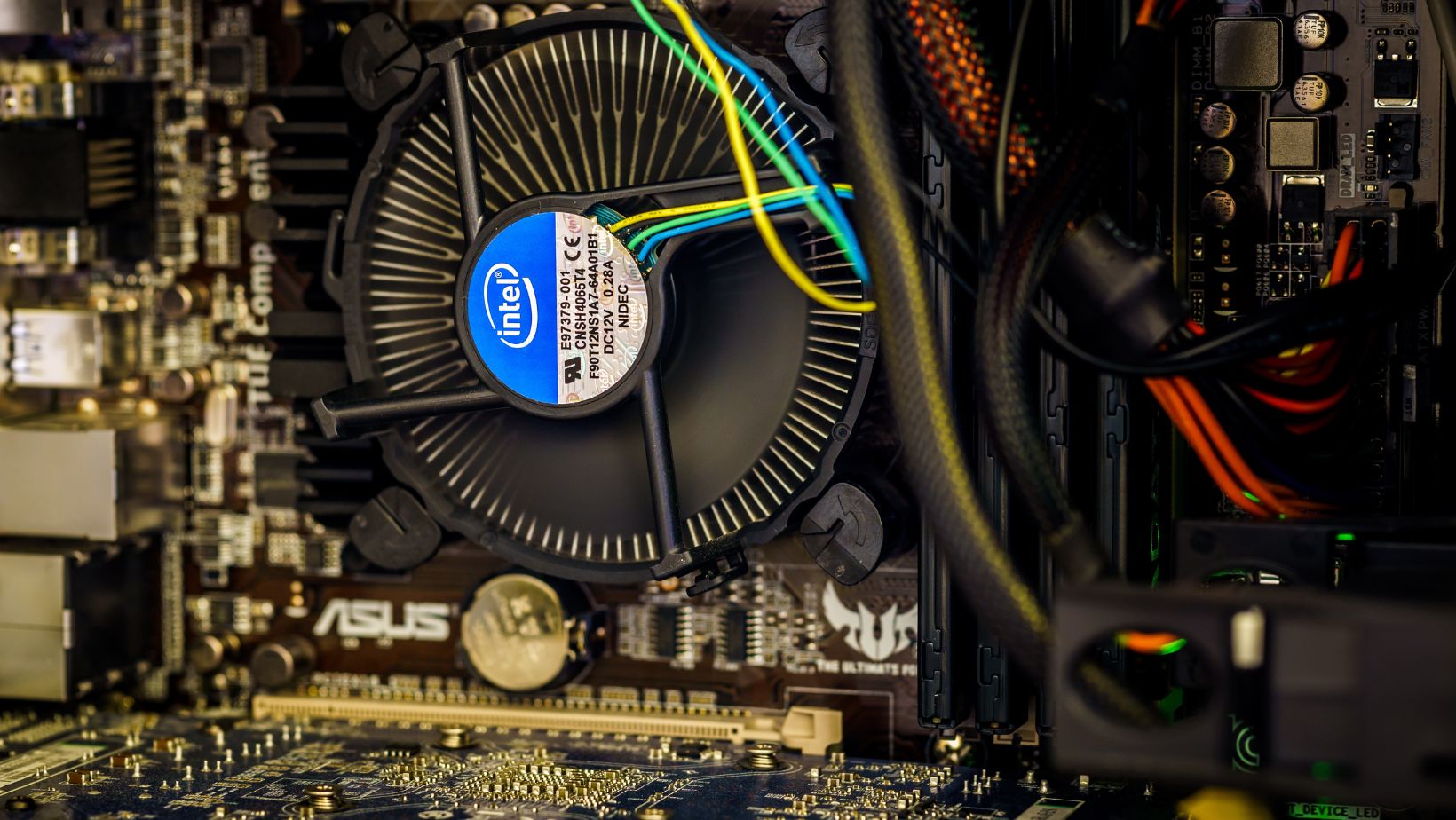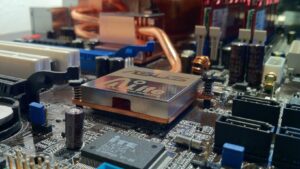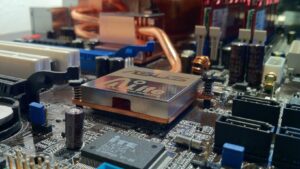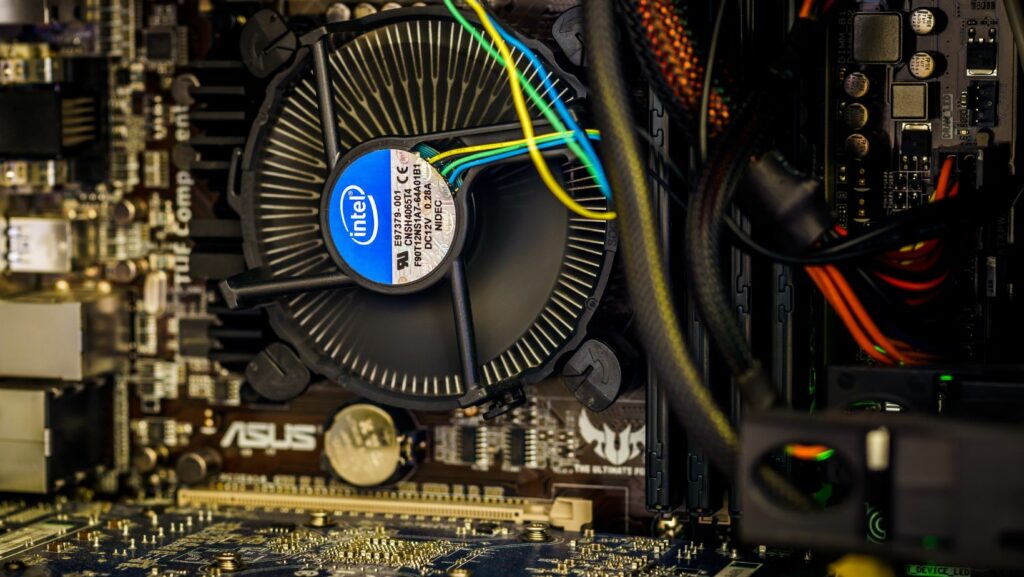
 In the digital world we inhabit, hardware technicians hold the key to keeping our devices up and running. They’re the unsung heroes who ensure our computers, smartphones, and other gadgets function smoothly, enabling us to stay connected and productive.
In the digital world we inhabit, hardware technicians hold the key to keeping our devices up and running. They’re the unsung heroes who ensure our computers, smartphones, and other gadgets function smoothly, enabling us to stay connected and productive.
This article takes a deep dive into the world of hardware technicians. From the intricate tasks they perform to the essential skills they need, we’ll explore how these tech wizards keep our digital lives ticking. Whether you’re considering this career path or simply curious about what goes on behind the scenes of your favorite devices, this piece promises to enlighten.
So, let’s embark on this journey to understand the crucial role of hardware technicians in our increasingly tech-dependent world.
Hardware Technician
A deep dive into the profession of a hardware technician reveals the full scope of their work. In this section, let’s pinpoint their key duties and provide a snapshot of their typical day.
Key Duties and Responsibilities
A hardware technician takes on a range of responsibilities to maintain, repair and upgrade digital devices. Diagnosing hardware failures makes up a large part of their work, using diagnostic tools like D7 or OCCT for pinpointing issues. Once identified, they conduct repairs, replacing malfunctioning components like motherboards, RAM sticks, and graphics processing units (GPUs) where needed.
Following repairs, hardware testing isn’t just recommended – it’s vital. Through rigorous tests, they ensure the device now functions correctly. Additionally, upgrading hardware is another major responsibility. As technology evolves, technicians install new hardware elements like faster processors or larger SSDs to keep devices on par with cutting-edge standards.
Typical Day for a Technician
The role of a hardware technician is multifaceted, and so too is their typical day. It often starts with assessing the work orders on their list, deciding the priority for repairs, and proceeding  accordingly.
accordingly.
The lion’s share of their day goes into diagnostic procedures. Hardware tests follow next, ensuring everything’s in working order post-repairs. As they move from one task to the next, documenting their work takes up a good chunk of their time too.
Every now and then, upgrading tasks make their way into their schedule. They replace outdated components with enhanced ones, testing them afterwards to ensure compatibility.
Understanding the hardware technician’s role reveals the extent of their expertise. Far from just fixing gadgets, they keep up with the rapidly evolving tech world, ensuring our devices are up-to-date and performing their best.
Necessary Skill Set of a Technician
The functionality of digital devices relies heavily on the expertise of hardware technicians. This expertise stems from their broad skill set, encompassing both technical competencies and interpersonal skills.
Technical Competencies
 A sound understanding of computer hardware forms the foundation of a hardware technician’s technical competencies. This includes a detailed knowledge of the functioning of different hardware components, from motherboards and processors, like Intel’s Core i7 or AMD’s Ryzen 9, to secondary storage devices such as solid-state drives (SSD) or hard disk drives (HDD). Familiarity with diverse operating systems, such as Microsoft’s Windows 10, Apple’s macOS Big Sur, or various distributions of Linux, additionally bolsters their technical prowess.
A sound understanding of computer hardware forms the foundation of a hardware technician’s technical competencies. This includes a detailed knowledge of the functioning of different hardware components, from motherboards and processors, like Intel’s Core i7 or AMD’s Ryzen 9, to secondary storage devices such as solid-state drives (SSD) or hard disk drives (HDD). Familiarity with diverse operating systems, such as Microsoft’s Windows 10, Apple’s macOS Big Sur, or various distributions of Linux, additionally bolsters their technical prowess.
Interpersonal Skills
Interpersonal skills serve as an equally significant facet of a hardware technician’s skill set. These skills facilitate efficient communication with clients, ensuring a clear articulation of technical issues, and feasible solutions. They showcase adeptness at problem-solving, negotiating agreements, and demonstrating exceptional customer service. The technician’s ability to empathize with clients, maintain patience in adverse situations, and exhibit a professional demeanor at all times underpins their interpersonal skills.
Effective Communication with Clients
Hardware technicians are the unsung heroes in our digital age. Their expertise in diagnosing, repairing, and upgrading devices is crucial for maintaining the smooth operation of our tech-dependent lives. They’re not just tech whizzes though. They also need exceptional interpersonal skills to communicate effectively with clients and solve problems efficiently. It’s this blend of technical and soft skills that truly sets hardware technicians apart.

